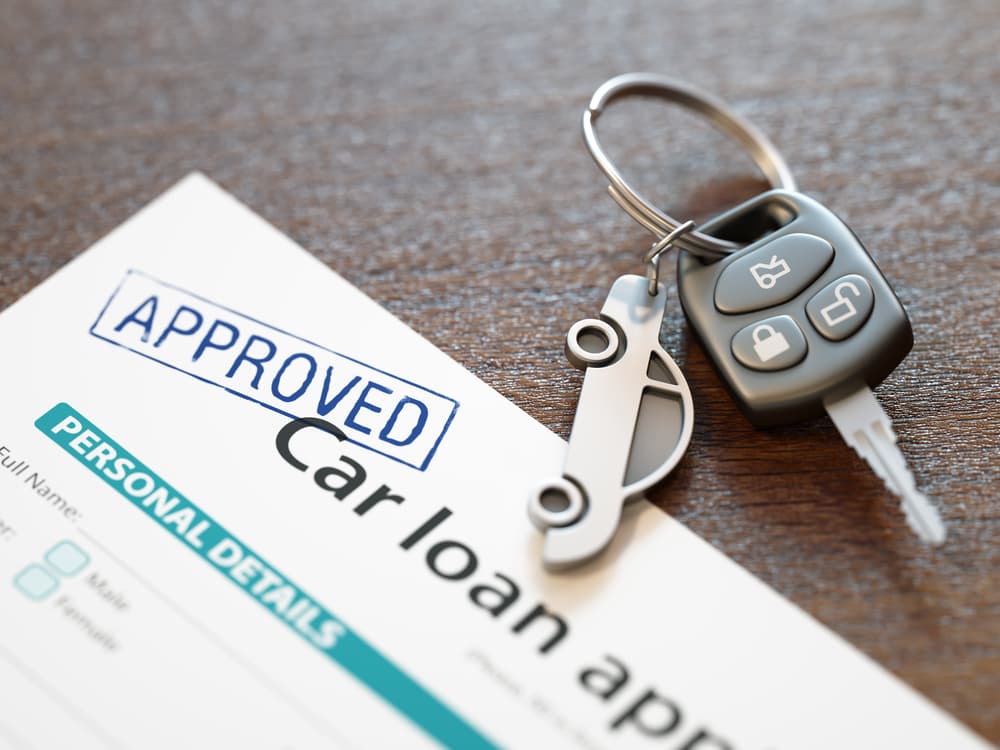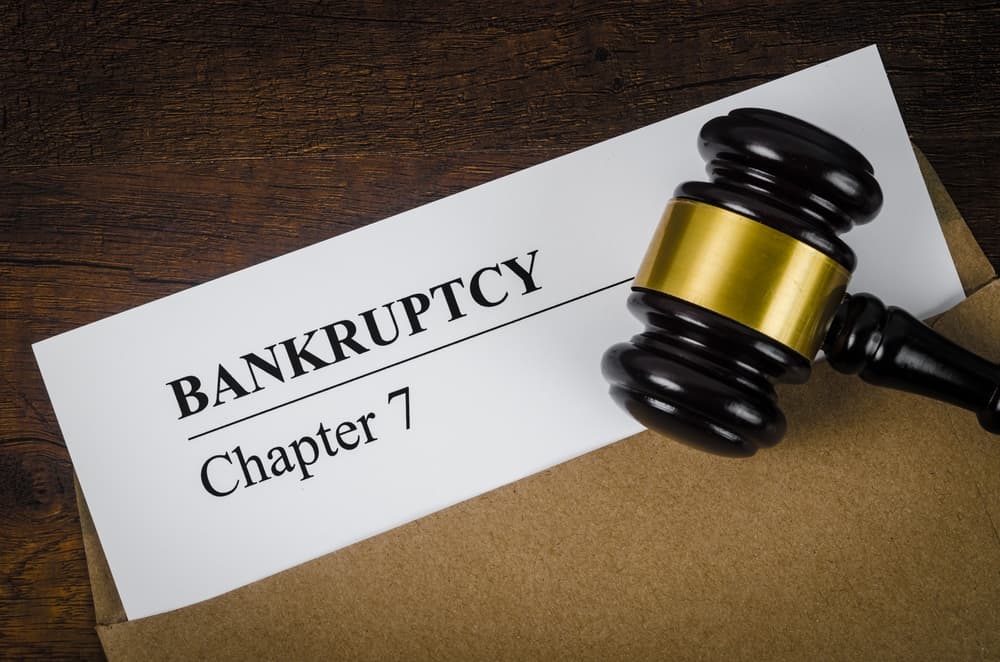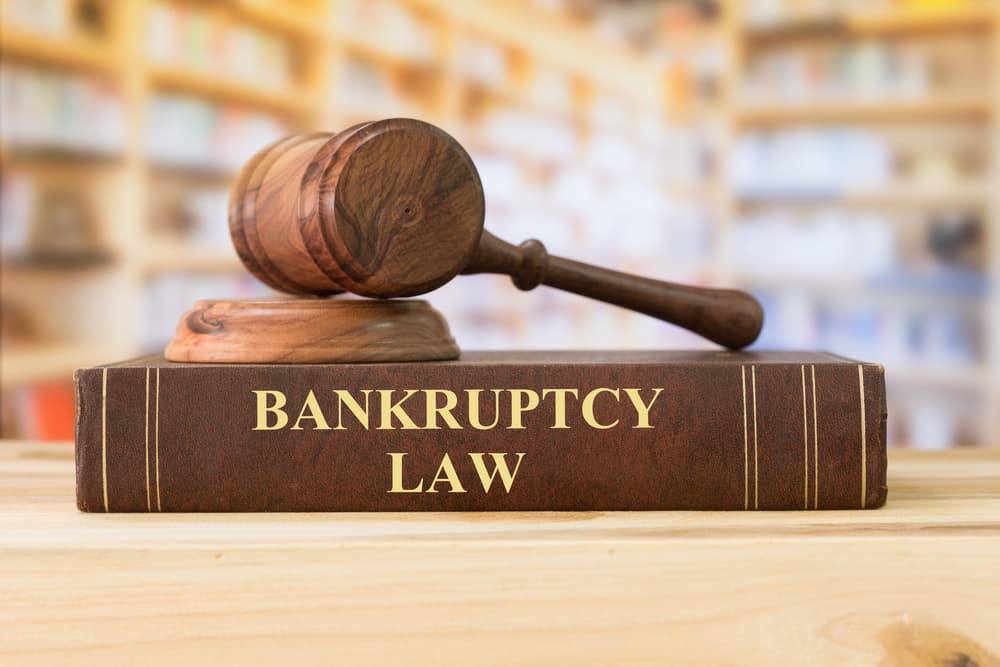If you have had to declare bankruptcy, your financial options may be limited. Lenders are not necessarily running to extend your credit, and taking out new loans may not be in your best interests. However, you have needs during and after the bankruptcy process, especially regarding transportation. Do not assume that buying a new car is out of reach just because you have been through bankruptcy.
If you are considering bankruptcy, it helps to know all the effects and ramifications ahead of time. An experienced bankruptcy lawyer can explain your legal options and what you may face after filing for bankruptcy. If you are in financial distress and cannot pay your debts, seek a bankruptcy attorney to discuss possible solutions. Bankruptcy may be what you need to get additional breathing room.
Waiting Periods for Buying a Car After Bankruptcy
You cannot buy a new car during the bankruptcy process. If you purchased a new vehicle during that time, the trustee will have the power to seize and sell it (if you are going through a Chapter 7 bankruptcy). You must wait until the conclusion of your bankruptcy process to make significant purchases.
If you are going through a Chapter 7 bankruptcy, it can take 4-6 months to complete the process. It may not make sense for you to buy something major as soon as you emerge from bankruptcy because a large purchase may raise suspicion of undisclosed assets that can land you in serious trouble.
It can take several years to go through a Chapter 13 bankruptcy because you are paying down your debts through a restructuring. However, unlike a Chapter 7 bankruptcy, you can take out new forms of credit during the Chapter 13 process. Lenders can help you fit a car into your budget while you continue to pay down your debts. Still, the court may also need to approve your purchase, and you must explain why you need to buy the car now.
Financing Options for Buying a Car After Bankruptcy

Your financing options after bankruptcy are understandably going to be more limited. Lenders are constantly assessing the risks; if they are willing to lend money, they will charge you more to compensate. They have leverage and power, knowing they can make more when lending to you at a higher interest rate.
Exploring Subprime Lenders
Subprime lenders may be your best bet for getting financing for your car. By definition, subprime lenders will charge you a higher interest rate. They make enormous profits but take substantial risks in extended credit.
There is a wide range of rates that subprime lenders will offer you. Thus, it will help if you research to know what your options are across multiple lenders. Consider getting at least three quotes from subprime lenders for the best possible deal. Just because they are willing to offer you a loan does not mean it makes sense.
Building a Relationship with a Local Credit Union
Credit unions may be more flexible than traditional lenders in offering you a loan and willing to work with borrowers with poor credit despite the interest rate.
However, credit unions may not work with someone who comes in off the street, and you will need a pre-existing relationship with them before inquiring about a car loan.
Co-signers and Their Role in Securing a Car Loan
One of the best things you can do is line up a co-signer who will be financially responsible for your loan if you default. Then, the lender is taking less risk and may offer you a lower rate. Of course, after bankruptcy, finding someone willing to co-sign your loan may be challenging. You may also hesitate to ask someone close to you to take a chance on you in light of your financial difficulties. However, finding a co-signer for your loan may be beneficial.
Importance of Pre-Approval for a Car Loan

Ideally, you should have some financing already lined up when you walk into the dealership. Car dealers like buyers ready to drive off the lot with their cars. They need to make sales quotas and may make you an immediate offer.
You should consider getting pre-approved for a loan because you will have more leverage when buying a car. The last thing you want is to find a vehicle you like and then accept whatever terms come with the purchase, even if they are disadvantageous. That piece of paper that says you have pre-approval gives you some power.
Advantages of Getting Pre-approved for a Car Loan
If you rely on the dealer for financing, and they see that you have no other options, you may be at their mercy. They can increase the financing rate by several percentage points, costing you higher monthly payments.
Car negotiations are all about leverage and power. When you walk into the dealership with financing already lined up, you become more of a “live buyer.” The dealer knows that you mean business, and they are more likely to make you a better offer. Your purchase terms can worsen when the dealer thinks they have the power.
If you have pre-approval, you can play off multiple lenders against each other. You can show the dealer the terms of your pre-approval, and the companies they work with can beat that offer. A point or two in interest rates can significantly affect your monthly car loan payment.
Setting a Realistic Budget
You need to stay within your budget when buying a car. This financial security can put you closer to where you were before declaring bankruptcy.
It is better to stay under your means to give yourself some breathing room. You should be conservative when starting again after bankruptcy because no matter how much you want a specific car, it may be outside your budget. Even if it is not the exact model you want, you can still accomplish your goal of purchasing a vehicle.
Researching Affordable Car Options
Numerous options can be within your budget. When buying a car under any circumstances, research is critical and even more important when starting over after bankruptcy. You should have multiple options so you do not have to take the first offer.
Understanding the Terms of the Car Loan
You must also understand precisely how much you need to pay and when. There may be various fees that are part of your car loan, and you must know the monthly payments and how much you may owe over time. Once you sign the car loan, you are bound by its terms since it is a contract between you and the lender. You must thoroughly read the loan terms before agreeing to it.
While you may want to be careful about making large purchases soon after bankruptcy, you can help yourself by building your credit. Taking out a loan and making timely payments can start to rebuild your credit score. It will take a long time for your credit to recover from bankruptcy, and you must take several steps to rebuild it. You will make prudent decisions about how best to start again and how to take out new credit. Buying something that you need can be a way to set yourself on the right path.
Why You Need an Experienced Bankruptcy Lawyer for Your Case
Before you choose to declare bankruptcy, you need the help of an experienced lawyer. Your attorney will advise you on what to do during the process. They can explain which type of bankruptcy is best for you (Chapter 7 bankruptcy is often better because it results in debt forgiveness, but you need to meet the means test to qualify).
Then, your attorney can represent you while preparing the filings and dealing with the trustee on your behalf. Even a tiny mistake can put your bankruptcy at risk, causing you to face criminal liability, so you want to minimize the chances that something goes wrong. An experienced attorney can handle the process for you and increase the chances that you may emerge from bankruptcy with the fresh financial start you need.
The Types of Bankruptcy
Whether, when, and how you may buy a car depends on the type of bankruptcy you have declared. Generally, there are two types of bankruptcy, and below is a brief overview of each.
Chapter 7 bankruptcy

Chapter 7 bankruptcy is a legal process that allows individuals and businesses to eliminate or discharge their debts and start fresh financially. It is often referred to as “liquidation bankruptcy” because a trustee is appointed to liquidate non-exempt assets to repay creditors. However, it is important to note that many types of assets, such as necessary household items, vehicles, and retirement accounts, are typically exempt from liquidation.
One of the key benefits of Chapter 7 bankruptcy is that it provides a fresh start by wiping out most unsecured debts, such as credit card bills, medical bills, and personal loans. However, it does not eliminate secured debts, such as mortgages or car loans, unless you surrender the collateral.
To qualify for Chapter 7 bankruptcy, you must pass the means test, which compares your income to the median income for your state. If your income is below the median, you automatically qualify. If your income is above the median, you may still qualify based on your expenses and other factors. Additionally, you must receive credit counseling from an approved agency within 180 days before filing for bankruptcy.
Chapter 13 bankruptcy
If you do not qualify for Chapter 7 or are looking for a solution to manage your debts and avoid foreclosure or repossession, Chapter 13 bankruptcy may be an option worth considering. Chapter 13 bankruptcy is a type of bankruptcy that allows individuals with a regular income to create a repayment plan to pay off their debts over a period of three to five years.
One of the main advantages of Chapter 13 bankruptcy is that it provides an opportunity to save your home from foreclosure or your car from repossession. By creating a repayment plan, you can catch up on missed mortgage or car loan payments and keep your property. This can provide a much-needed relief and allow you to regain control over your finances.
Another benefit of Chapter 13 bankruptcy is that it can help you reorganize and prioritize your debts. Under the court-approved repayment plan, you will make regular monthly payments to a trustee, who will then distribute the funds to your creditors. This can simplify the process of repaying your debts and make it more manageable.
Additionally, Chapter 13 bankruptcy can provide a fresh start and an opportunity to rebuild your credit. While a bankruptcy filing will have an impact on your credit score, it also provides an opportunity to demonstrate responsible financial behavior. By making regular payments through the repayment plan, you can show creditors that you are committed to repaying your debts and can be trusted with credit in the future.
Discuss Your Options With a Bankruptcy Lawyer
As much as you want to get a new car, it may not be your most pressing issue after going through bankruptcy, and it is not in your best interest to incur large new debts. You may end up in the same difficult situation when overextended financially. The first thing that you should do is to focus on getting yourself on a more solid financial footing. Take the time to slowly build yourself back up financially before you make any significant purchases. You can consider making large purchases once you are in a better position, and you will qualify for better financing terms if you wait longer after bankruptcy to buy a car.

However, you may be unable to put off buying a car after losing it in the bankruptcy process (it may have been too expensive to qualify for the personal property exclusion). Alternatively, your current vehicle may no longer work, or you may need one. Either way, you may have no choice but to venture into the market for a car when your financing options are limited.
A California consumer protection attorney can review your options for bankruptcy and possible vehicle purchases. Schedule a free consultation today.
